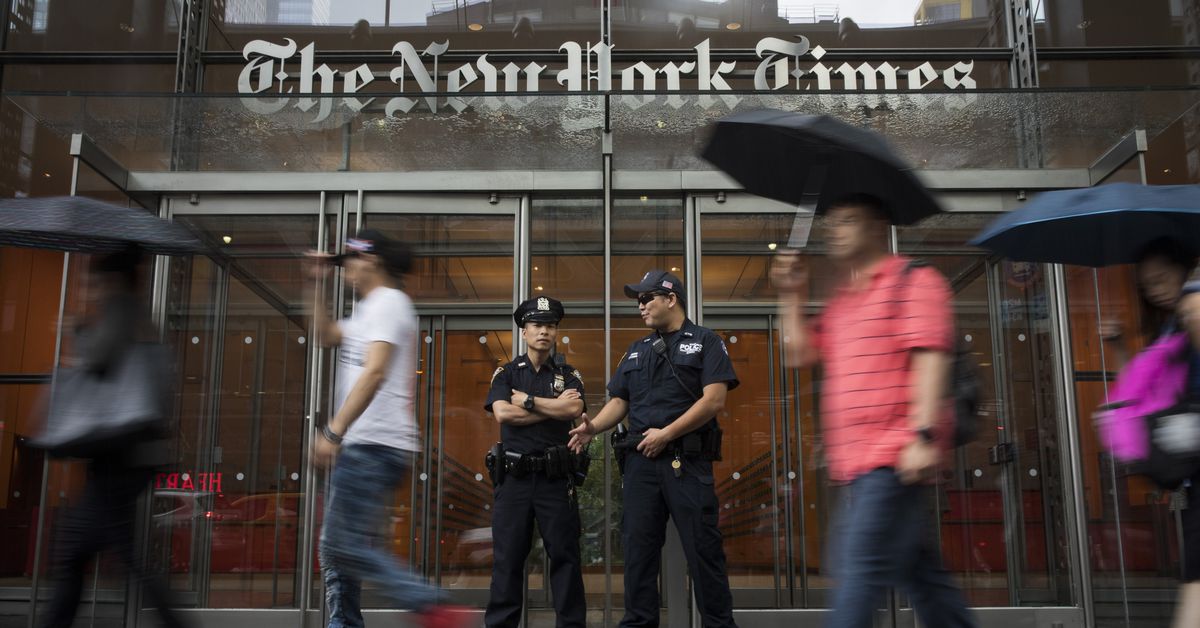A New York Times copyright lawsuit could kill OpenAI::A list of authors and entertainers are also suing the tech company for damages that could total in the billions.
The NYT has a market cap of about $8B. MSFT has a market cap of about $3T. MSFT could take a controlling interest in the Times for the change it finds in the couch cushions. I’m betting a good chunk of the c-suites of the interested parties have higher personal net worths than the NYT has in market cap.
I have mixed feelings about how generative models are built and used. I have mixed feelings about IP laws. I think there needs to be a distinction between academic research and for-profit applications. I don’t know how to bring the laws into alignment on all of those things.
But I do know that the interested parties who are developing generative models for commercial use, in addition to making their models available for academics and non-commercial applications, could well afford to properly compensate companies for their training data.
deleted by creator
This would bring up the cost of entry for making a model and nothing more. OpenAI will buy the data if they have too and so will google. The money will only go to the owners of the New York Times and its shareholders, none of the journalists who will be let go in the coming years will see a dime.
We must keep the entry into the AI game as low as possible or the only two players will be Microsoft and Google. And as our economy becomes increasingly AI driven, this will cement them owning it.
Pragmatism or slavery, these are the two options.
deleted by creator
deleted by creator
deleted by creator



